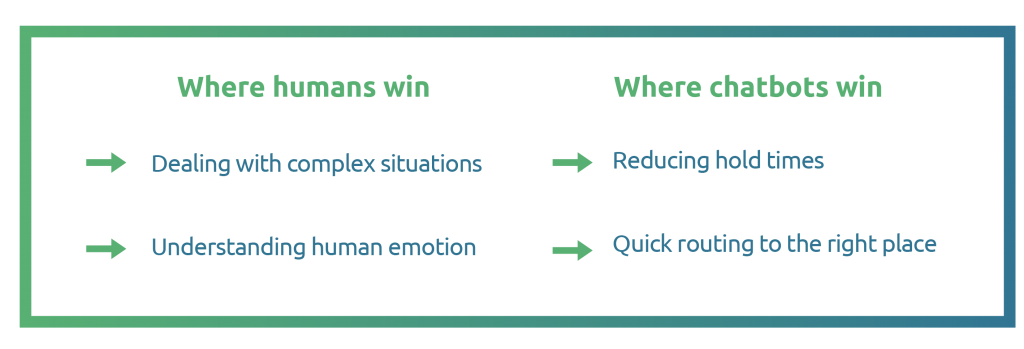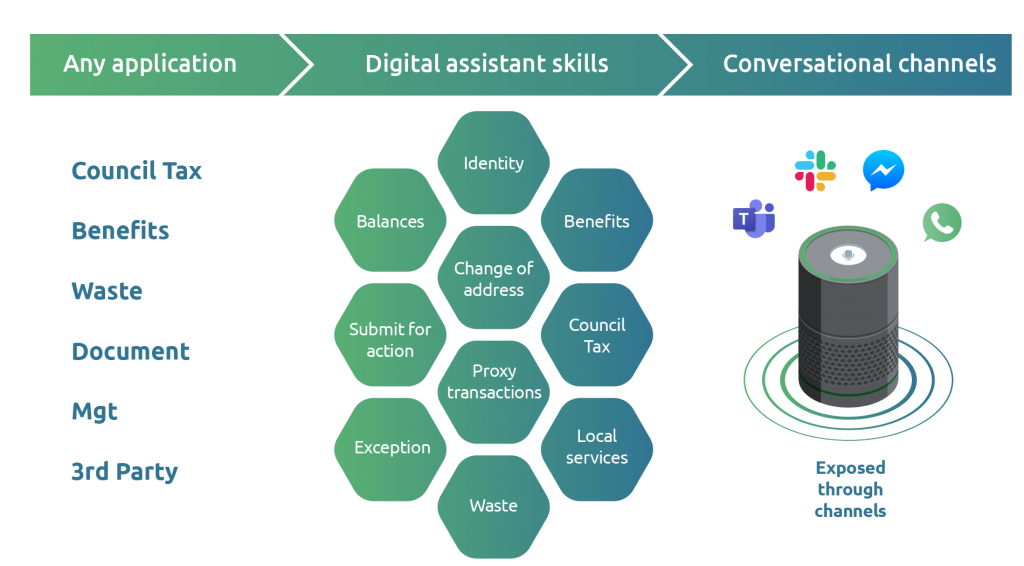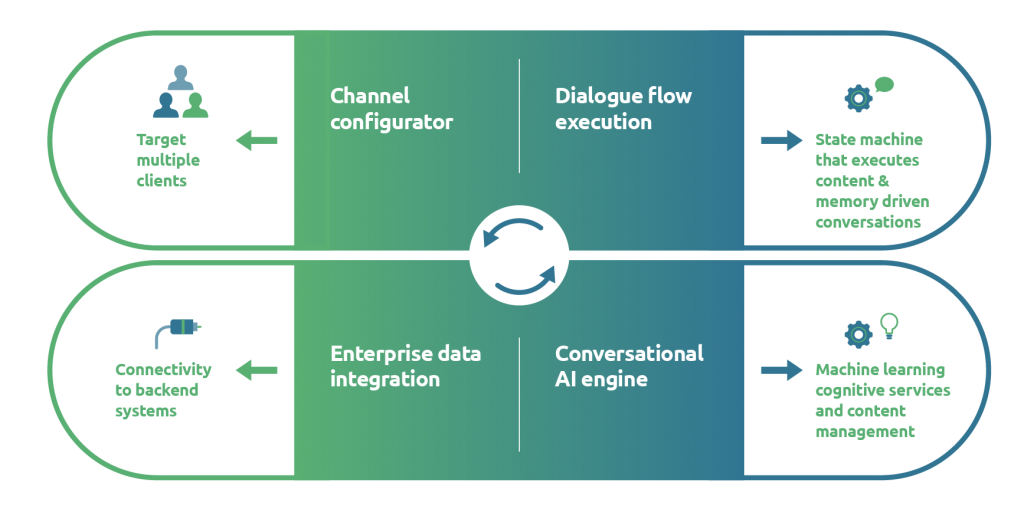The importance of digital channels during a crisis

During the Covid-19 pandemic, digital channels are really coming into their own, providing a lifeline for many service users.
But there are pitfalls too, and getting it wrong has the potential to add to clients’ concerns at a time of unprecedented confusion and fear.
At Connect Assist, our call centre services support organisations in building an omnichannel service, including online digital assistants.
All of these channels are integrated with a team of real-life agents, who offer something that software cannot replicate – the human touch.
‘Botiquette’
Take chatbots, or digital assistants.  By answering routine questions, they enable organisations to keep up with an increased volume of queries. But used indiscriminately, they can make service providers seem tone-deaf or even uncaring.
By answering routine questions, they enable organisations to keep up with an increased volume of queries. But used indiscriminately, they can make service providers seem tone-deaf or even uncaring.
So how do you nail your bot-etiquette, or ‘botiquette’? By clarifying where chatbots and humans excel respectively.
Chatbots win at answering common or repeated questions quickly, reducing hold times, and routing callers to the right place. Humans reign supreme when it comes to dealing with complex situations and, above all, responding to human emotions.
Digital demand
Undoubtedly, there’s huge scope for digital channels in delivering healthcare advice, even before the Covid-19 crisis made it harder to see a professional in person.
At a time when the NHS is facing a forecast £30 billion gap in funding by 2021/22, cost-effective solutions are essential. With 318,000 health apps on the top app stores worldwide, there’s plenty of choice.
It’s essential that healthcare organisations ensure that people can access prompt information from reliable places such as the NHS, so they don’t turn to the more dubious sources out there.
Mental health support
Telehealth-based platforms for mental health issues are understandably seeing a rise in traffic during the Covid-19 pandemic.
Video chat has boomed, with traditional therapists working with patients through services such as Skype and Zoom. Meanwhile, Talkspace and BetterHelp connect users with registered therapists through whichever channels suits them best.

And there has even been an increase in usage of mental health chatbots, which can signpost people towards support or integrate with other services.
Connect Assist’s Digital Assistants
At Connect Assist, we help service providers meet the growing demand for digital support.
We build AI-powered voice or text chatbots using the Oracle Digital Assistant platform. This provides the tools to import FAQs to automate common enquiries, connect to your backend systems and, crucially, hand over to support staff where necessary. 
Our chatbots operate through several conversational interfaces, including Facebook Messenger, Amazon Echo and Google Home.
They also collect and analyse data, using machine learning to improve the customer experience and enabling organisations to gain real-time insights.
It’s all part of providing a 24/7, omnichannel experience, with customers receiving a seamless service whether they choose to engage through voice assistants, messaging apps, video calls or any other method.
Local authorities
Chatbots are especially useful for answering repeat and routine questions, taking the strain off human advisors.  Calderdale Council’s virtual assistant, which was built by us, has proven its worth in answering residents’ questions about services during the Covid-19 pandemic.
Calderdale Council’s virtual assistant, which was built by us, has proven its worth in answering residents’ questions about services during the Covid-19 pandemic.
Reconfiguring the council’s virtual assistant to answer queries about the closure of leisure centres, for example, was a simple task: it took one member of staff just one morning to complete.
The chatbot was then able to answer 88% of web chat enquiries, directing the remainder to a human advisor. It’s also now answering enquiries about waste services.
Expertise and empathy
Clearly, there are lessons for service providers to learn from the Covid-19 pandemic about digital provision.
Firstly, that virtual assistants can help keep services running through difficult times, so long as they’re configured correctly, and their flow and tone make sense.
But also, we’re learning how tough it is to be isolated from other humans. And so it’s vital that difficult or emotional enquiries are met with the expertise and empathy of real-life agents.







